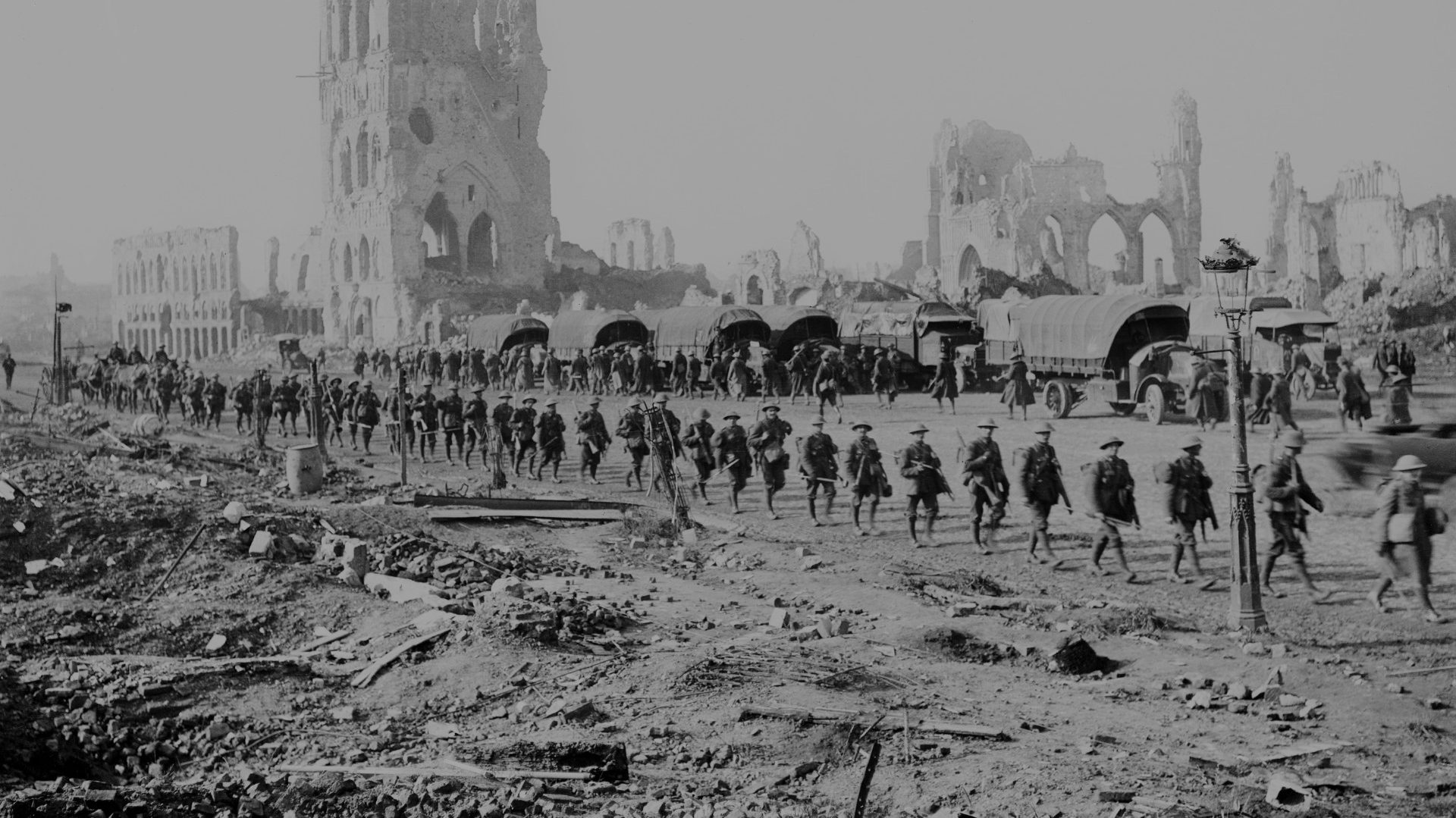By Wendi Zhou (Autumn 2020 student)
After the end of Japanese American internment, many Japanese Americans returned to their homes in LA’s “Little Tokyo” to find it nicknamed “Bronzeville.” The area had been settled by African-American migrants who moved west during the Great Migration. This podcast explores the racial tensions and multi-cultural alliances that emerged in this LA neighborhood.
Listen to Multiculturalism and Racial Conflict in LA’s ‘Little Bronze Tokyo’ here.
Bibliography:
Arnold, Roxane. “Little Tokyo Store Owner, 95, Recalls Good and Bad Years.” Los Angeles Times (Los Angeles, CA), Aug. 26, 1984.
Baruch, Dorothy. “Sleep Comes Hard.” The Nation (Los Angeles, CA), Jan. 27, 1945.
“‘Bronzeville’ Returns to L.A.” Rafu Shimpo (Los Angeles, CA), Jun. 27, 2013.
“Executive Order 8802.” Record Group 11, General Records of the United States Government, National Archives, Jun. 25, 1941.
“Executive Order 9066.” Record Group 11, General Records of the United States Government, National Archives, Feb. 19, 1942.
Gibson, Charles. “Move to Avert Serious Clash in ‘Little Tokyo’.” Pittsburgh Courier (Los Angeles, CA), Feb. 22, 1947.
Hawkins, Coleman. Body and Soul. Coleman Hawkins and his Orchestra. Bluebird 30-0825-A, 1939, compact record.
Jenks, Hillary. “Bronzeville, Little Tokyo, and the Unstable Geography of Race in Post-World War II Los Angeles.” Southern California Quarterly 93, no. 2 (2011): 201-235.
Jenks, Hillary. “Urban Space, Ethnic Community, and National Belonging: the Political Landscape of Memory in Little Tokyo.” GeoJournal 73, no. 3 (2008): 231-244.
Kurashige, Lon. Japanese American Celebration and Conflict: A History of Ethnic Identity and Festival, 1934-1990. University of California Press, 2002.
Kurashige, Scott. “The Many Facets of Brown: Integration in a Multiracial Society.” The Journal of American History 91, no. 1 (2004): 56-68.
Kurashige, Scott. The Shifting Grounds of Race: Black and Japanese Americans in the Making of Multiethnic Los Angeles. Princeton University Press, 2008.
“L.A. Housing Fight Looms as Japs Return.” Chicago Defender (Los Angeles, CA), Jan. 13, 1945.
Leonard, Kevin. “‘In the Interest of All Races’: African Americans and Interracial Cooperation in Los Angeles During and After World War II.” In Seeking El Dorado: African Americans in California, edited by Lawrence B. de Graaf, Kevin Mulroy, and Quintard Taylor, 309- 340. University of Washington Press, 2001.
“Little Tokyo’s Discord Aired at Conference.” Los Angeles Times (Los Angeles, CA), Mar. 4, 1947.
“Los Angeles Groups Join Hands to Make Brotherhood a Reality.” Chicago Defender (Los Angeles, CA), Mar. 15, 1947.
Potashin, Richard. “Mary Suzuki Ichino Interview II.” Courtesy of the Manzanar National Historic Site Collection, Densho Digital Repository (Pasadena, CA), Dec. 3, 2008, 1:59:09.
Sides, Josh. L.A. City Limits: African American Los Angeles from the Great Depression to the Present. Berkeley, CA: University of California Press, 2003.
Smith, J. Robert. “The Brighter Side.” San Bernardino Sun (San Bernardino, CA), Feb. 5, 1948.
Snelson, Floyd G. “Little Tokyo Converted to Hodgepodge of Negroes, Japs.” Chicago Defender (Los Angeles, CA), Sep. 22, 1945.
Streator, George. “Negro Home Needs Rise as Coast Issue.” New York Times (Los Angeles, CA), Apr. 27, 1947.
Takei, George. To the Stars: The Autobiography of George Takei, Star Trek’s Mr. Sulu. Pocket Books, 1994.
West, Irene. “Bronzeville May Revert to Little Tokyo.” Baltimore Afro-American (Los Angeles, CA), Aug. 25, 1945.
West, Irene. “No Hell to Pay as Japs Reclaim L.A.’s Little Tokyo.” Baltimore Afro-American (Los Angeles, CA), Aug. 17, 1946.
Yamamoto, Hisaye. “Small Talk.” Los Angeles Tribune (Los Angeles, CA), Sep. 14, 1946.
Yamashita, Mariko, and Paul F. Clark. “An Oral History with Mitsuhiko H. Shimizu – Segment 1.” Japanese American Oral History Project, CSU Japanese American Digitization Project, California State University (Fullerton, CA), 1978, 1:30:02.
